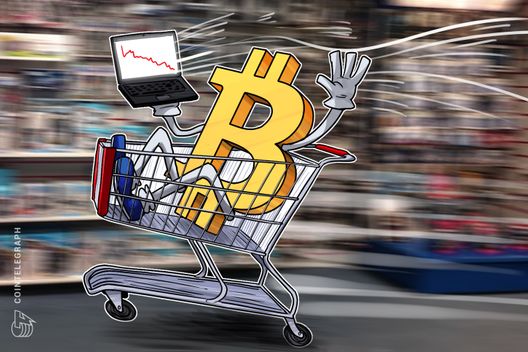Binance limits services in Russia due to the EU’s 5th package of sanctions
Binance CEO previously said that crypto exchanges must comply with sanctions in a similar way to traditional financial institutions.
623 Total views
24 Total shares

Binance, the world’s largest cryptocurrency exchange by volume, is adopting major restrictions on users in Russia following the European Union’s fifth package of sanctions against Russia.
Binance officially announced Thursday new limitations for Russian nationals or residents of Russia, restricting such persons from trading if they hold over 10,000 euros, or $10,800.
Restricted accounts are no longer able to deposit or trade using Binance’s spot, futures and custody wallets, as well as staked and earned deposits.
The restriction relates to Russian nationals, natural persons residing in Russia and legal entities based in Russia, the announcement notes, adding:
“Accounts for Russian nationals residing outside Russia, as verified with proof of address, and accounts for Russian nationals or natural persons residing in Russia, or legal entities established in Russia, that remain below a total value of 10,000 EUR, will remain unaffected and active.”
Restricted individuals and entities with open futures or derivatives positions will have 90 days to close their positions.
Binance noted that the newly adopted measures are “potentially restrictive to normal Russian citizens.” “Binance must continue to lead the industry in implementing these sanctions. We believe all other major exchanges must follow the same rules soon,” the firm added.
Binance did not immediately respond to Cointelegraph’s request for comment. This article will be updated pending new information.
Related: Crypto firm Exmo exits Russia and Belarus by selling part of its business
Binance CEO Changpeng Zhao previously declared that crypto exchanges like Binance must comply with sanctions in a similar way to traditional financial institutions. The CEO emphasized that Binance will not “unilaterally freeze millions of innocent users’ accounts” due to Western sanctions against Russia.
The EU officially approved the fifth package of restrictive measures against Russia on April 8, adopting a number of restrictions against the Russian government in response to its actions against Ukraine. The package included a prohibition on providing “high-value crypto-asset services to Russia.”









